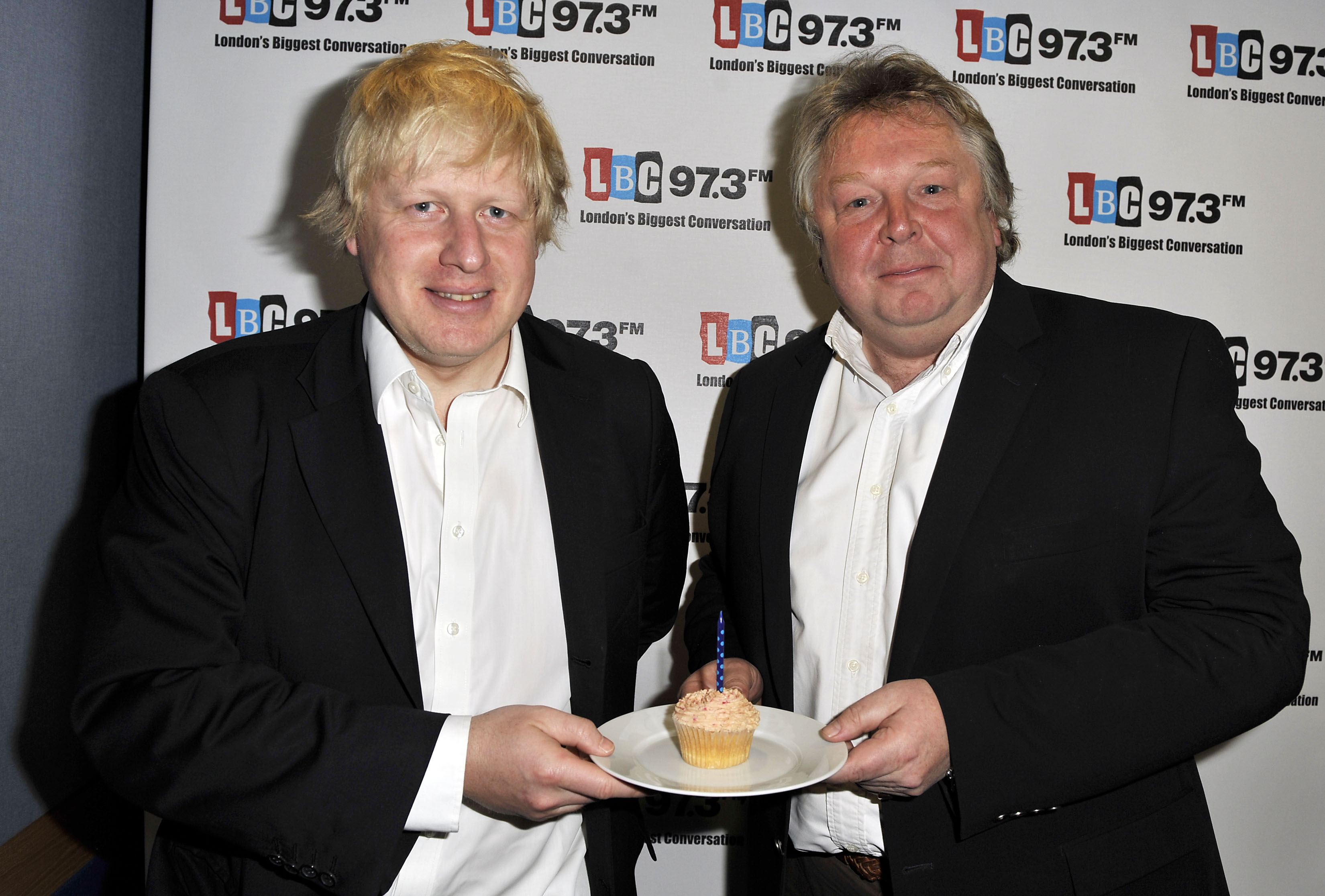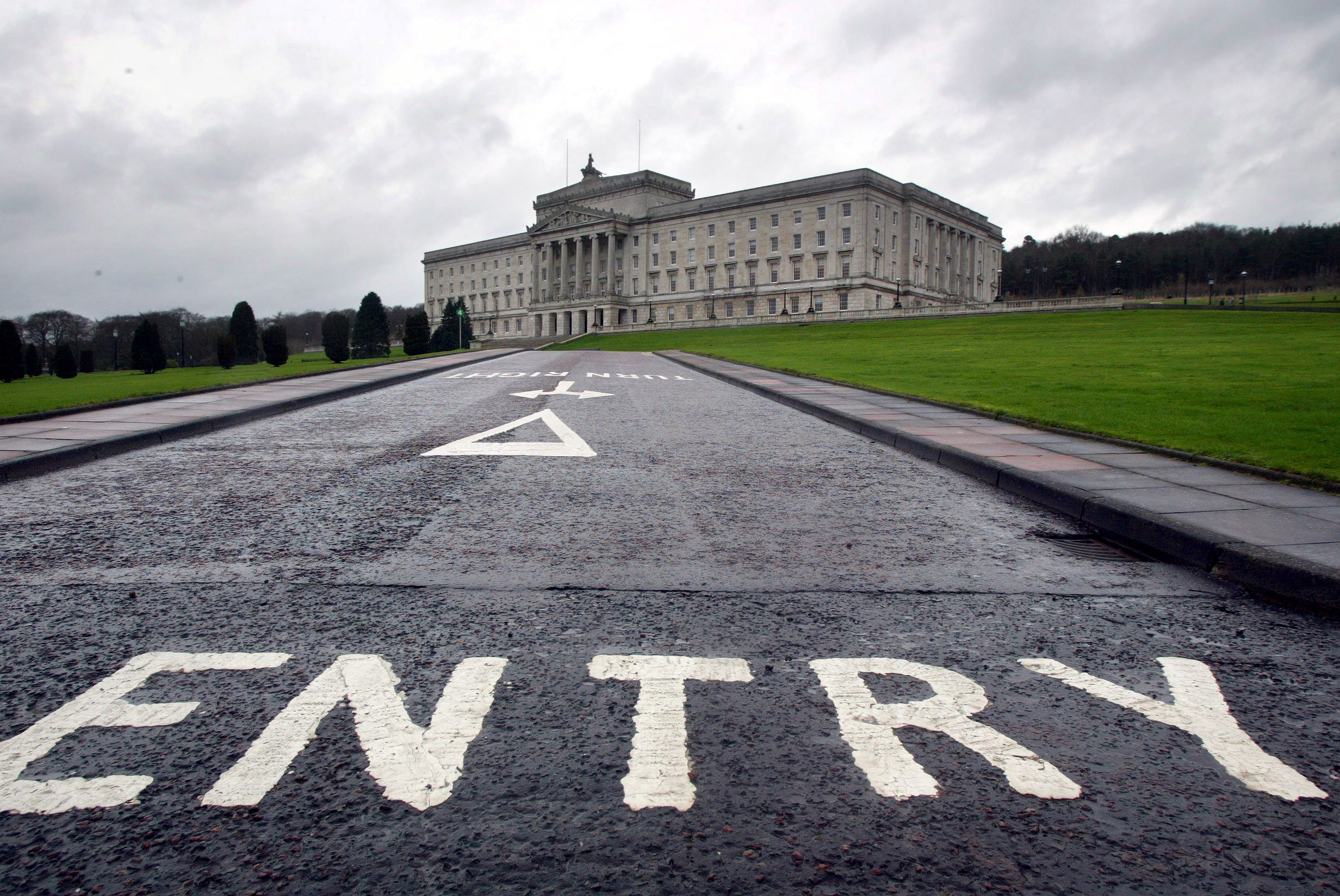By Denis MacShane
It is difficult to know when the Irish question was first asked. 1169 when the Normans arrived? Cromwell’s massacre at Drogheda in 1649 which by modern definitions was a war crime? The Battle of the Boyne which confirmed the right of freedom of movement for a European immigrant, William of Orange, imported to ensure the Protestant Ascendancy in England?
While Liberals were generally sympathetic to Irish national aspirations in the nineteenth century, especially after the quasi genocidal Irish famine of 1848, the Tories played the Orange Card as their party became the Conservative and Unionist party and the Tory Prime Minister, Lord Salisbury, said he “would no more give democracy to the Irishman than to the Hottentot”. It took the violence of the Easter Rising in 1916 followed by a short sharp war of independence in 1920 before the Irish question was partially answered but it again had to be asked over and over again in the years of “The Troubles” following 1968.
And now today one of the most worrying aspects of Brexit is the extent to which hard line anti-European MPs have decided to merge with the most obdurate Northern Island anti-Dublin unionist factions in order to destroy the Good Friday Agreement which finally bought peace to Ireland. A new Orange Brexit alliance has been formed and once again the Irish Question has to be answered.
During the 25 years of the violence over Irish civic and political rights that began in 1968, 3,600 people were killed and thousands more injured. Jaz Butterworth’s sell out play "The Ferryman" brings to the stage the sheer horror of the murders by the IRA and the brutality of Ulster protestant police and the British Army. It was brought to an end in 1998 when Tony Blair, taking forward the work of John Major, helped persuade Irish nationalists and Unionist loyalists to work on a power-sharing government in Northern Ireland based on a completely open border between the UK territory and Ireland.
A solemn Treaty was endorsed in referendums by 70 per cent of Northern Irish UK citizens and 94 per cent of citizens of the Irish Republic. In 140 different agreements, Britain and Ireland agreed to sink their differences by living under common rules enshrined in European Union laws. In essence Ireland became a single economy with no controls or checks on any beef, milk, Guinness and other products flowing over a non-existent border. Like the all-Ireland rugby team, an all-Ireland economy came into being.
The Bank of Ireland says growth in Ireland will be 4.7 per cent in 2018 – a rate of adding value to the economy unthinkable in Britain after the Brexit vote has created 19 months of mounting uncertainty for all businesses in Britain, foreign and domestic. But this Irish success story which has hugely benefitted Northern Irish farmers, small business, and service sector professionals like accountants and financial services is now under threat if Mrs May maintains her repeated wish to leave the EU Customs Union.
Short of allowing Northern Ireland to maintain its current status as part of the EU Customs Union on an all-Ireland basis, something utterly unacceptable to the 10 DUP MPs who give Mrs May her majority in the Commons, it is impossible to avoid having customs control border posts. Boris Johnson blithely told R4 Today that there was no need for “excessive” checks. There are no examples in the world of countries with different trade deals not having a border. World Trade Organisation rules insist that proper custom controls checks take place between different customs rules areas.
Now Brexit is leading to the Orange Card emerging from the bottom of dusty drawer to be played again as the hard-line Tory MPs whip up as much anti-Dublin feeling as they can rather than give an inch on the utility of staying in the Custom Union. They dismiss the threat to the Good Friday Agreement as being of little consequence compared to the ideological purity of a full amputational Brexit. For Owen Patterson, the former Northern Ireland Secretary, and a strong anti-European, the threat to the Good Friday Agreement is of little consequence. In a recent tweet he said: “The collapse of power-sharing in Northern Ireland shows the Good Friday Agreement has outlived its use.” Not even President Trump’s tweets reach that level of dangerous insouciance.
For Labour’s Kate Hoey MP, a redoubtable Orangewoman “the Good Friday Agreement is not sustainable” while the arch Brexit Tory MEP Daniel Hannam insists: “The Good Friday Agreement has failed.” This alignment of hardline Brexiters with hardline Unionists in a new anti-Dublin axis is set to explode before long. On Saturday in Cork, the city home to old-style Irish nationalist passions, there was a meeting supported by leading Irish politicians calling for a United Ireland in response to the Brexit-DUP alliance to use Brexit to once again introduce a hard separation between northern Ireland and rest of the island of Ireland. For most, the Irish Question was finally answered in 1998. In seeking to bury the Good Friday Agreement, the Orange Brexit hardliners are playing with fire as they risk re-opening a terrible chapter in the history of the British Isles.
Denis MacShane was a Labour MP for 18 years and a PPS and Minister at the FCO 1997-2005. His latest book is Brexit, No Exit. Why (in the End) Britain Won’t Leave Europe (IB Tauris)
Wish to comment on this article? See The Tablet on Facebook and Twitter.
File pic of Parliament buildings Stormont, Belfast. Picture by: Paul Faith/PA Archive/PA Images



 Loading ...
Loading ...
What do you think?
You can post as a subscriber user ...
User comments (0)